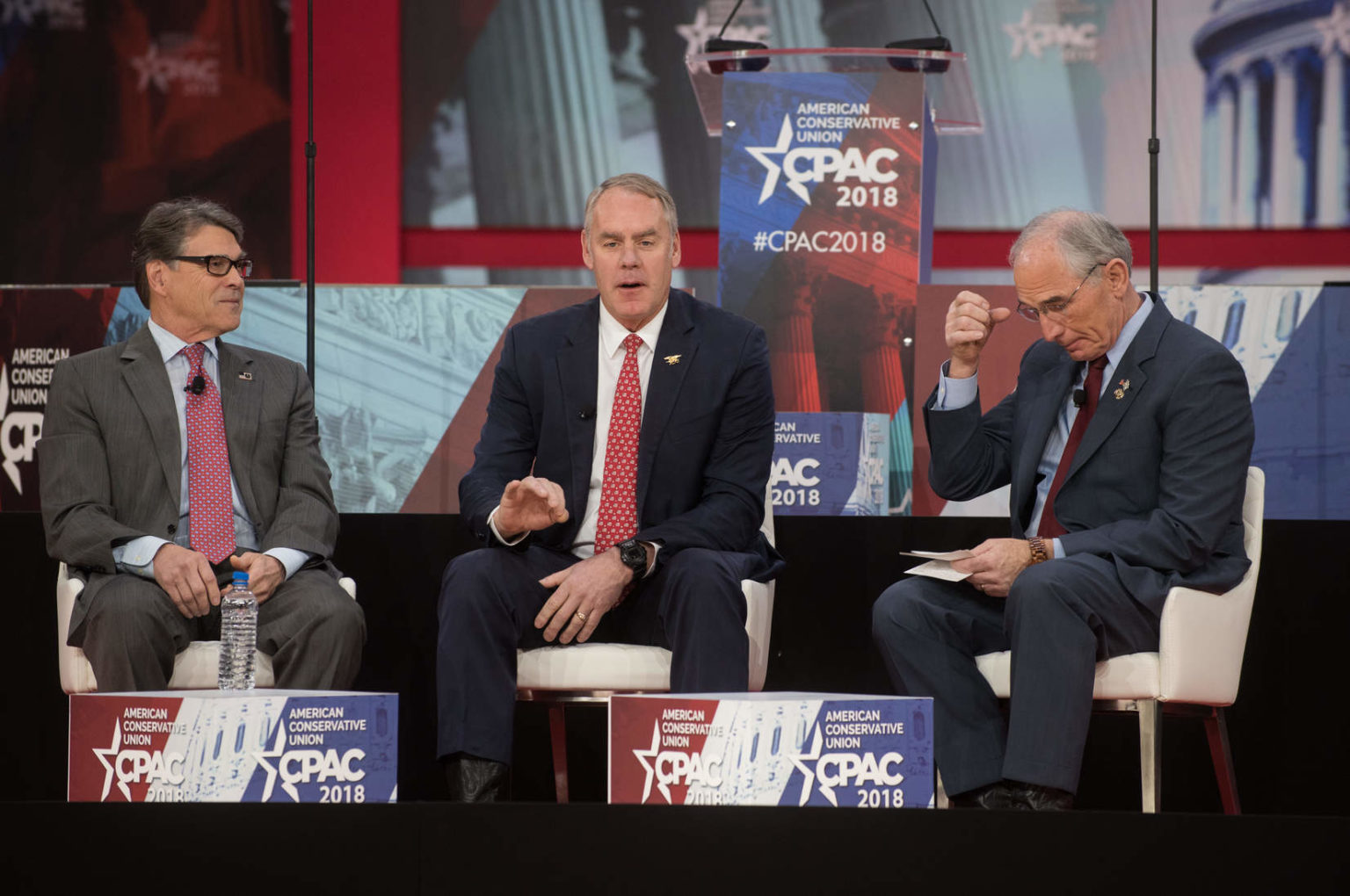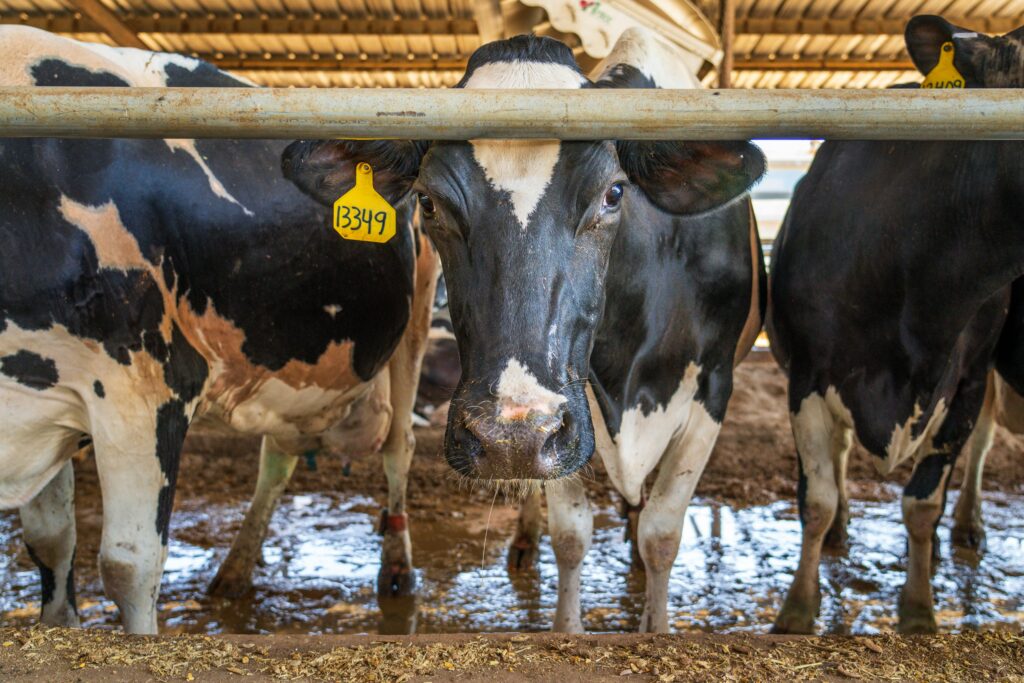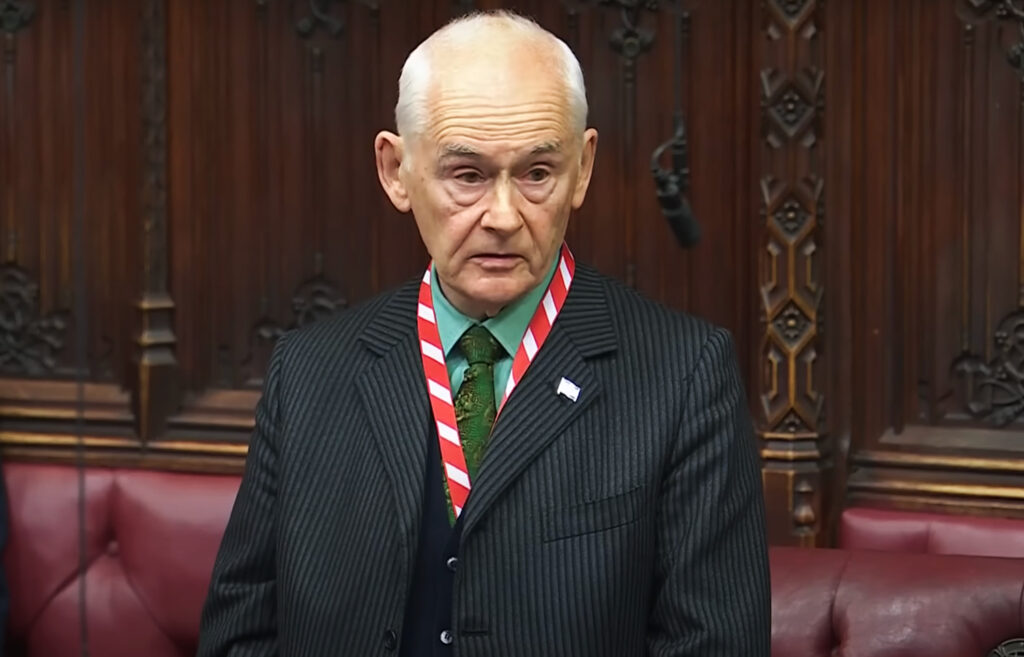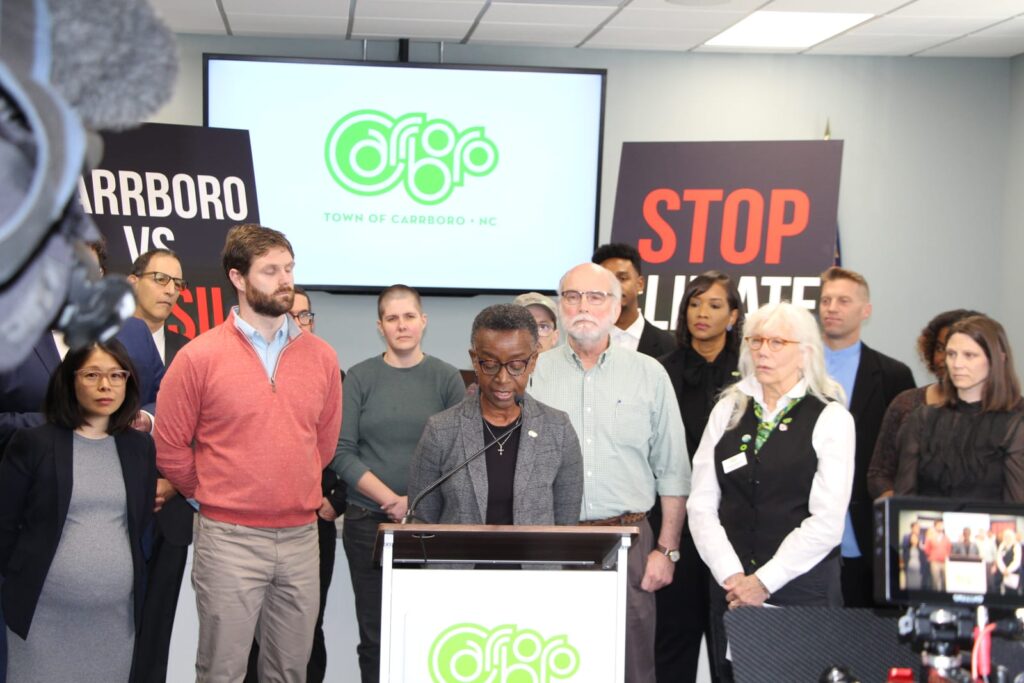There’s a widely held belief that when it comes to human-caused climate change, you’re far less likely to accept the science if you lean toward the right of the political spectrum.
But a new study just published in the journal Nature Climate Change suggests that this link between conservative values and climate “skepticism” holds strongest in the U.S. and Australia, and less so in Canada, where fossil fuel vested interests are high.
The research, carried out at the University of Queensland in Australia, also found people who accepted conspiracy theories were more likely to reject climate science, but this effect is restricted to the U.S.
Psychology professor Matthew Hornsey, who led the study, told Guardian Australia: “I think it’s all about vested interests.”
Vested Interests
“When the vested interests are high, the fossil fuel industry and conservative thinktanks, media and politicians collaborate in an organized campaign of misinformation. In my data, the link between conservatism and skepticism is really only obvious in countries with high per capita carbon emissions.”
Hornsey’s study surveyed 5,300 people in 24 countries and measured their “worldview” across four different measures of political ideology.
Then Hornsey and colleagues asked people about their views on the causes of climate change.
The subjects were also asked how strongly they agreed or disagreed with four known conspiracy theories around the death of President John F. Kennedy, the death of Princess Diana, the existence of a “New World Order,” and the 9/11 terror attacks in New York.
The only countries showing an association between climate science “skepticism” and conspiratorial beliefs were the U.S. and Singapore.
The study concluded there is “nothing inherent to conspiratorial ideation or conservative ideologies that predisposes people to reject climate science.”
Instead, the study argues: “The greater the vested interests in resisting change, the more incentive there is to engage — and believe — in ideologically driven campaigns of misinformation about the reality of anthropogenic climate change.”
In other words, Hornsey said, vested interest campaigns had “trained and coached” conservatives to see climate change “through the lens of their worldviews.”
Jiujitsu Communications
Hornsey said: “When the vested interests are high (in terms of the fossil fuel industry, for example) then there is more of a motivation for big business to engage in an organized campaign of misinformation around climate change. These campaigns often develop as a collaboration between the fossil fuel industry and conservative thinktanks, media and politicians, and are designed to ‘coach’ conservatives to believe that the climate science is not yet settled.”
Hornsey and colleagues have developed what they call a “jiujitsu” model of persuasion, which they think could help focus the way climate change is communicated to conservatives.
This is a method, Hornsey added, which “aligns with people’s underlying ideologies rather than competing with them.”
Main image: Secretary of Energy Rick Perry and Secretary of the Interior Ryan Zinke speak at the 2018 Conservative Political Action Conference (CPAC). Credit: Zach D. Roberts for DeSmog
Subscribe to our newsletter
Stay up to date with DeSmog news and alerts







